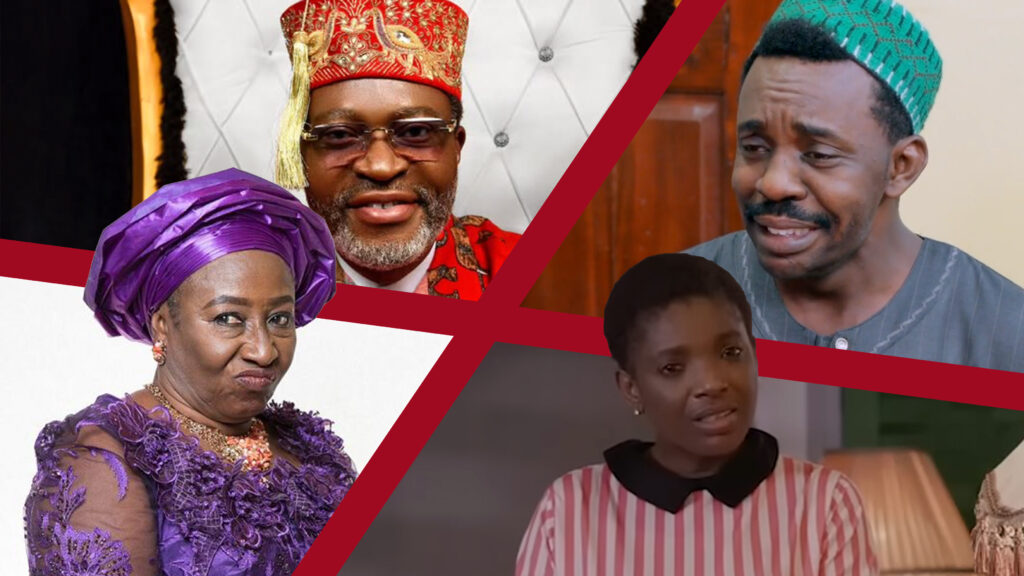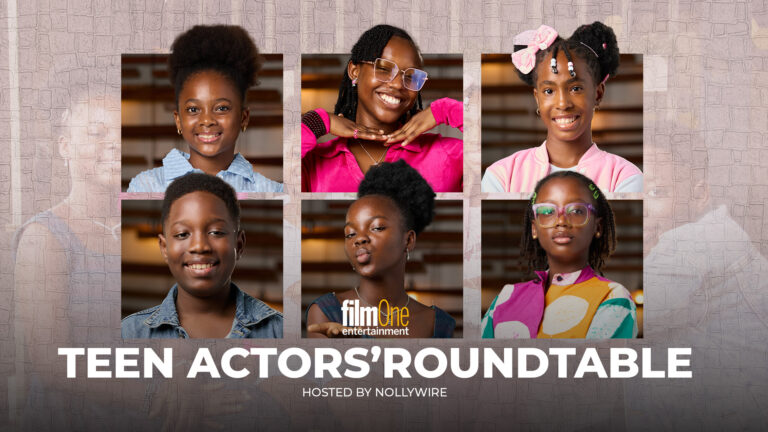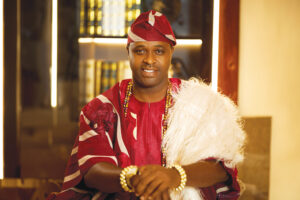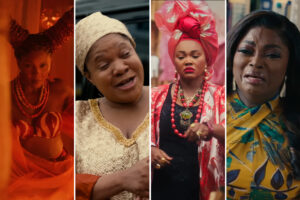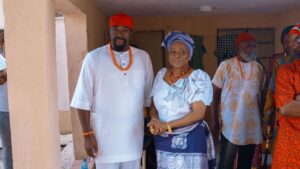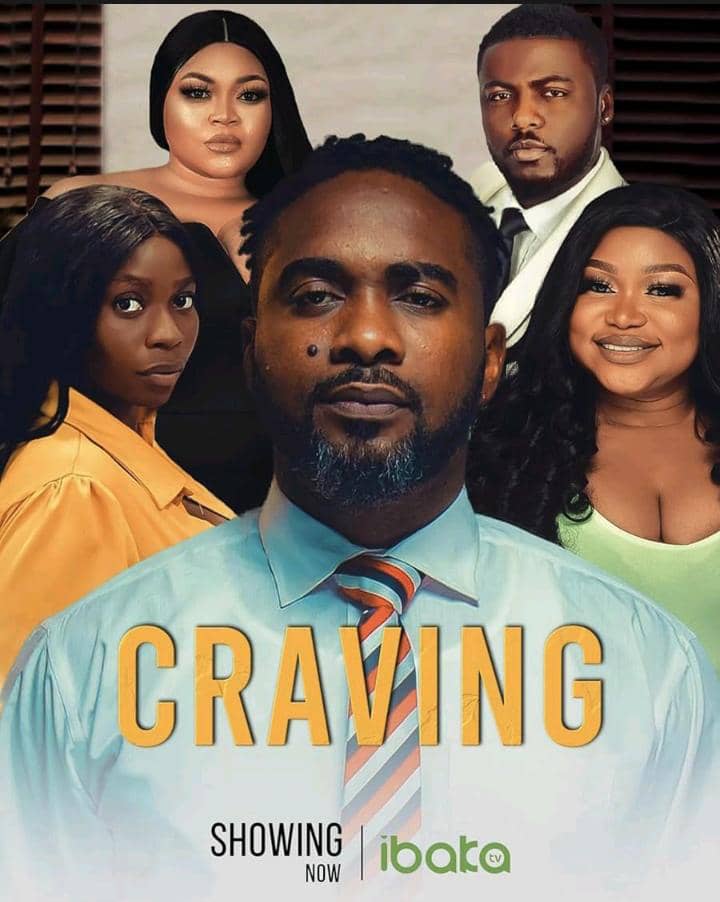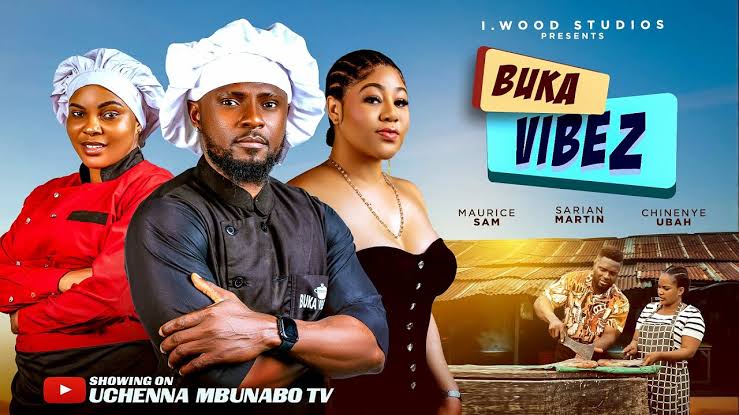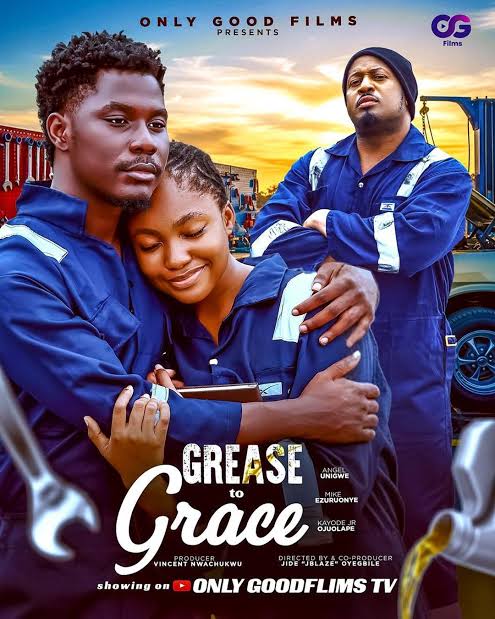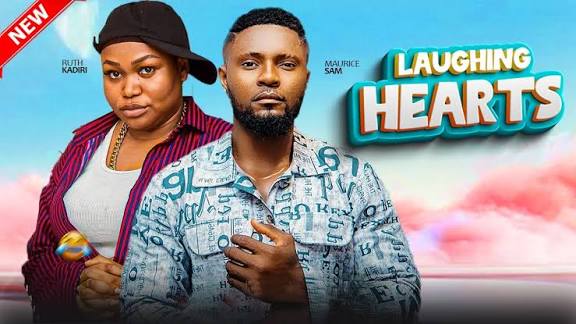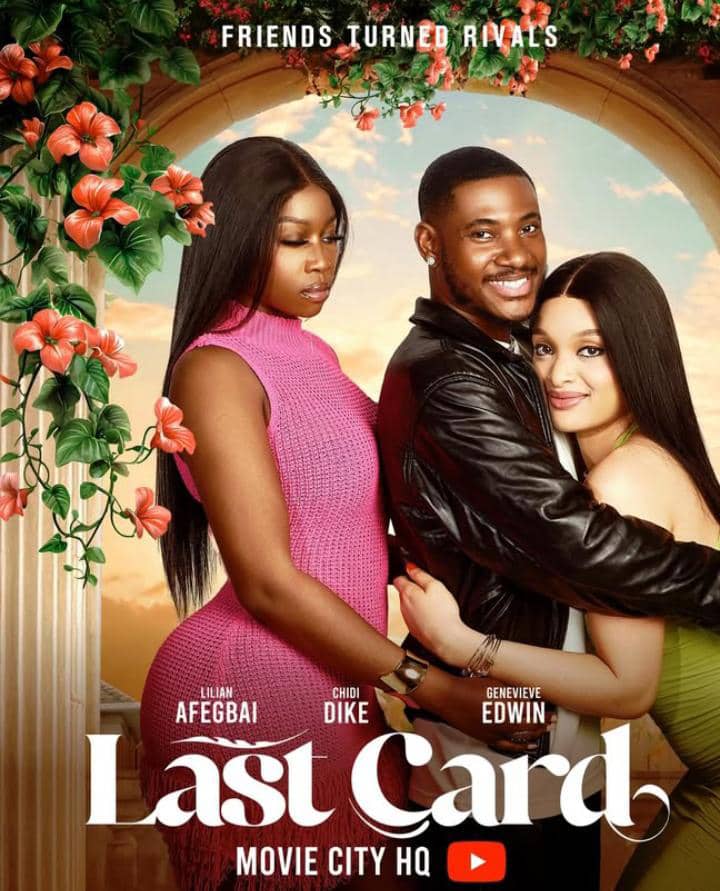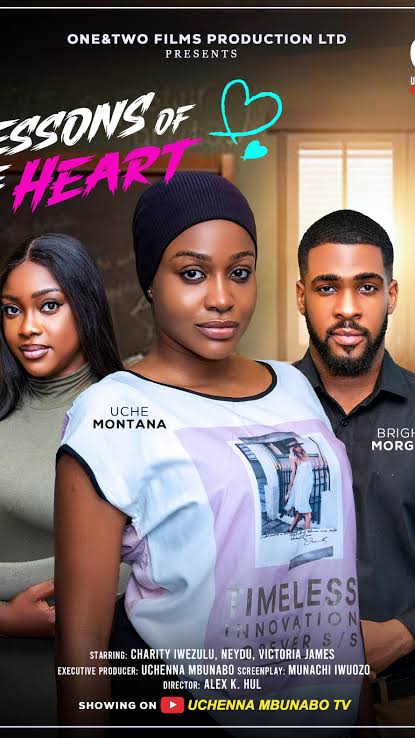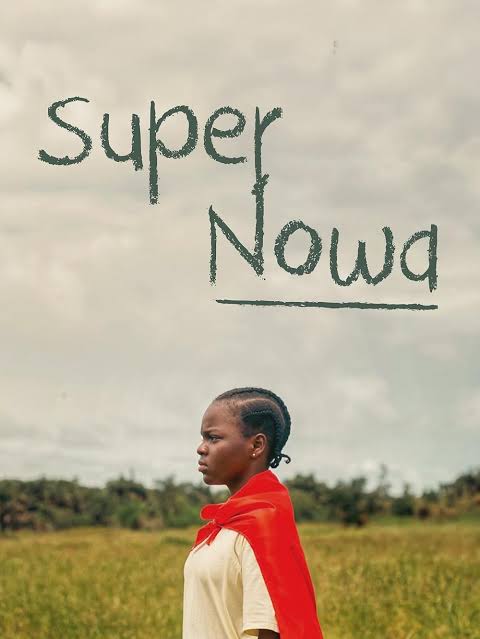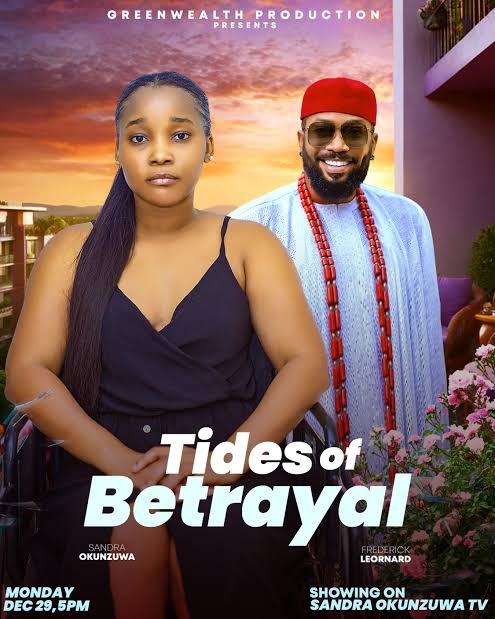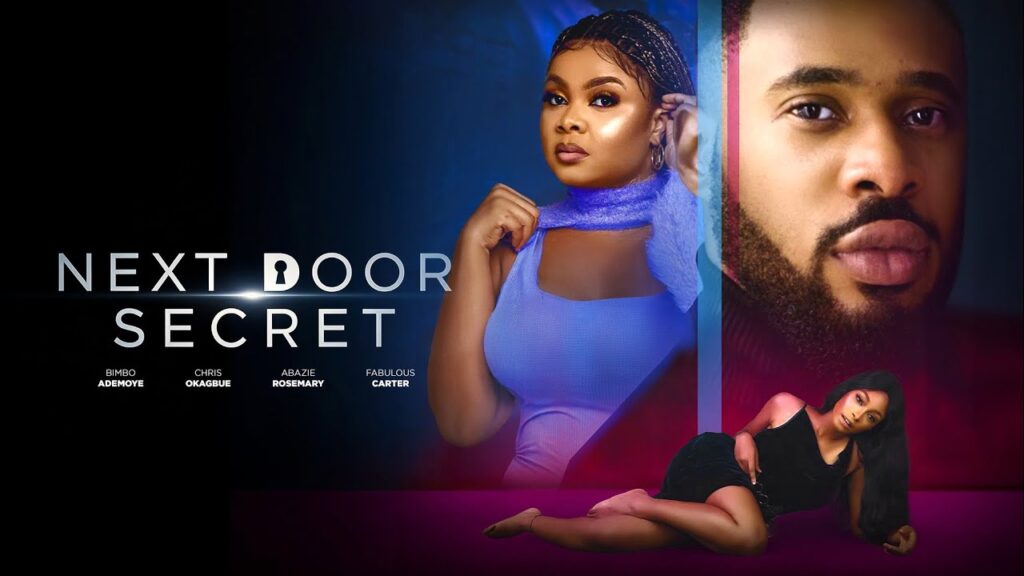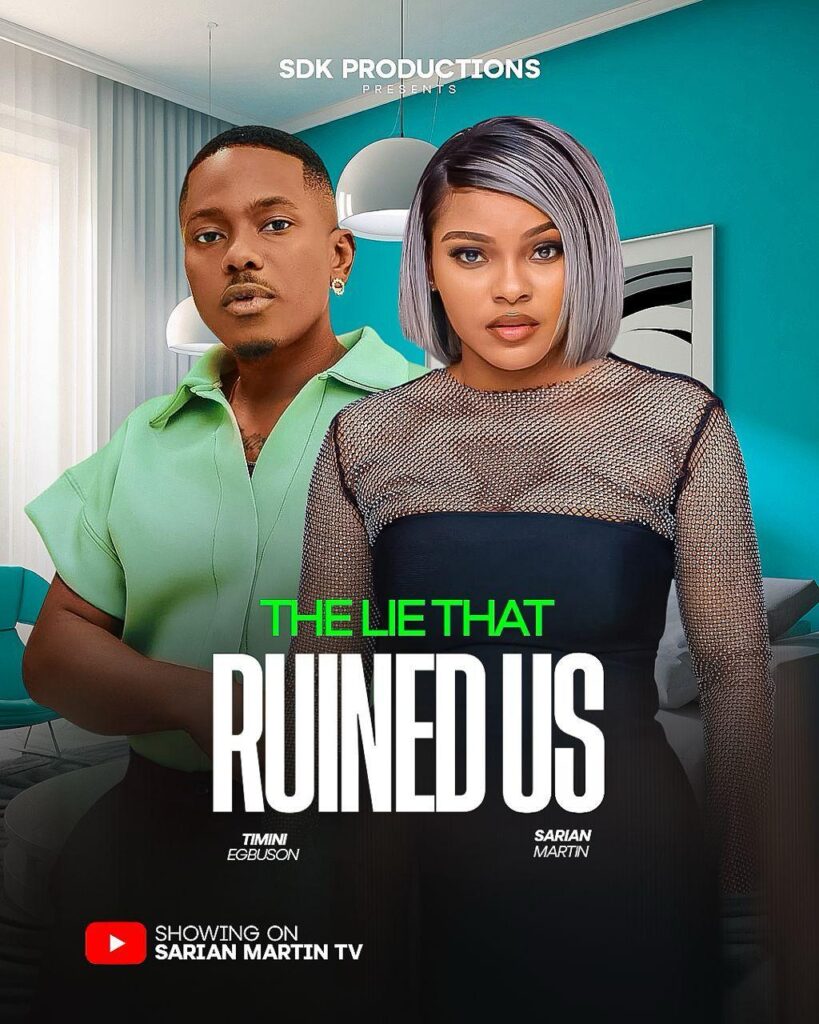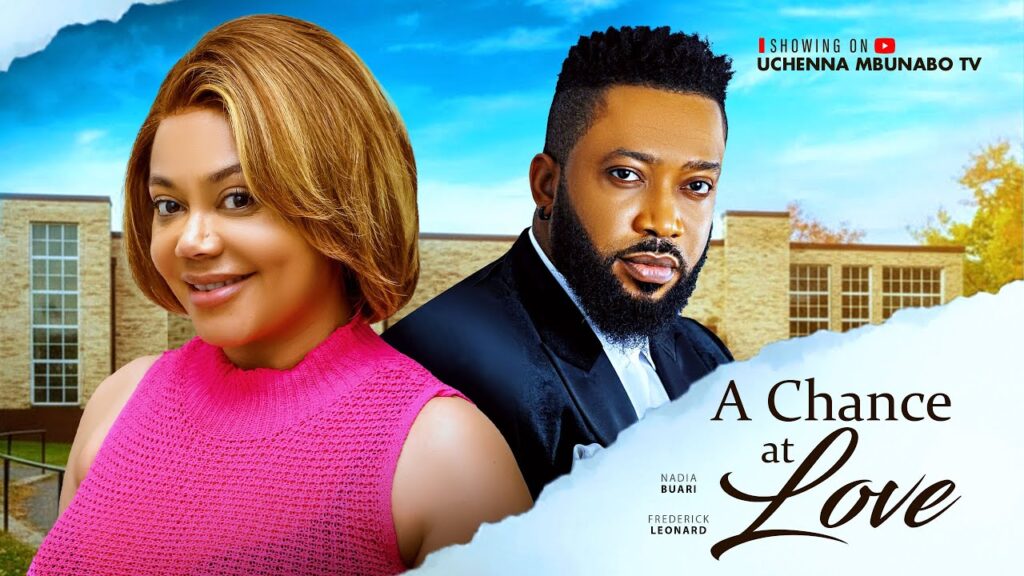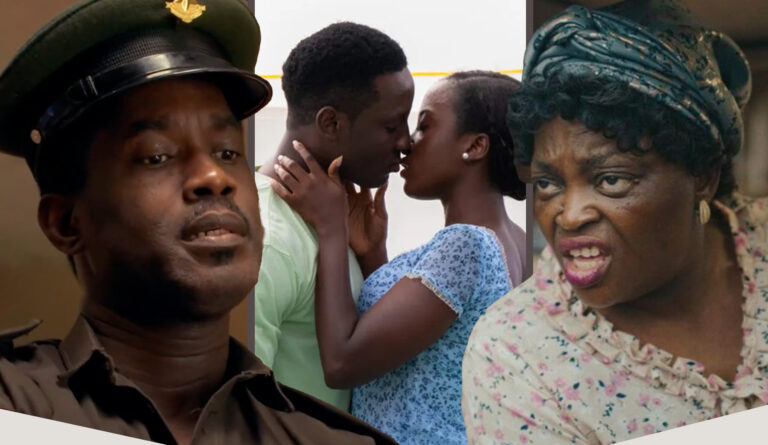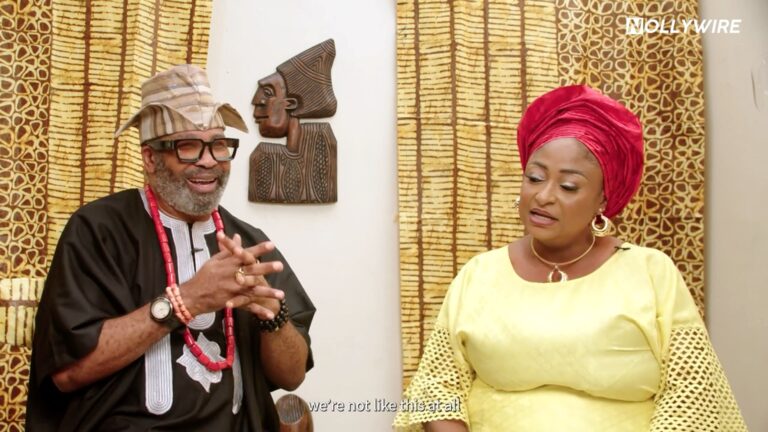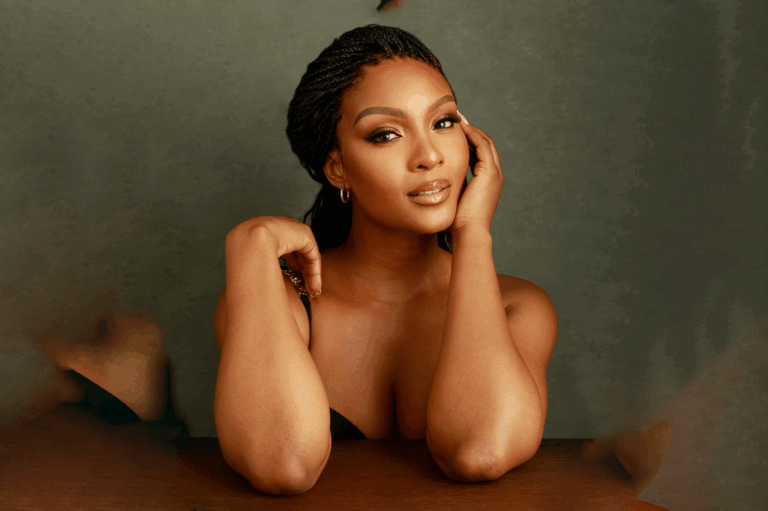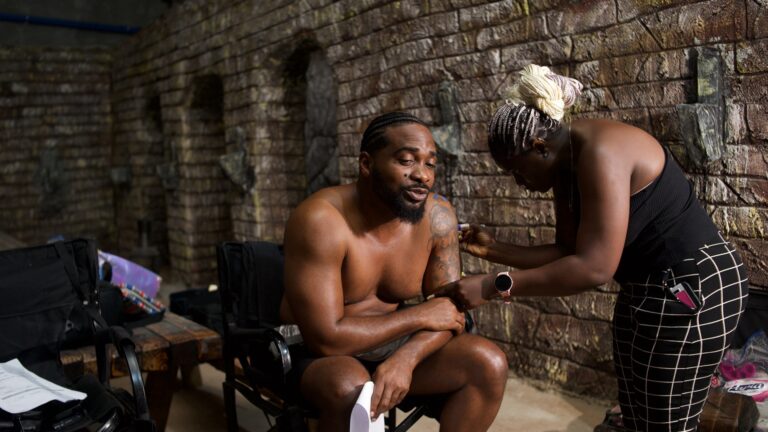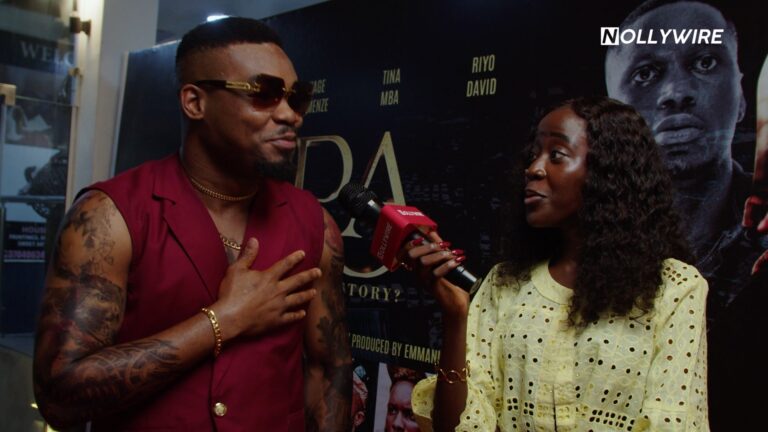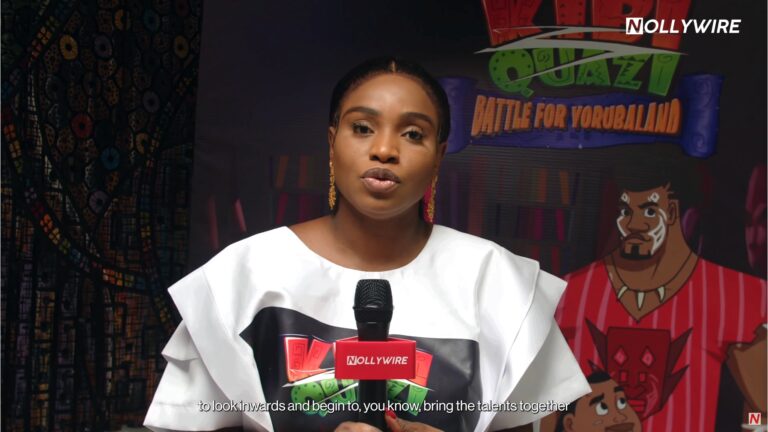Most movie industries are familiar with stereotypes – those cartoonish characters that skelter around in movies. Nollywood cinephiles know a mother-in-law means double trouble, Hollywood fans are acquainted with the hot but dumb jock, as Bollywood is used to seeing the traditional obedient Sanskari girl on screen.
While it is true that these characters walk amongst us, the presentation of these people is oversimplified. And filmmakers risk the creation of one-dimensional characters by giving them room in their stories. These characters are not fun to watch. One-dimensional characters lack depth and growth. They are the kind of characters that leave you the minute the credit rolls simply because they are unremarkable.
Audiences expect to be taken on a journey when they press the play button. A character without an arc cannot provide a sojourn. These characters also fail to reflect real-life people. Human beings are not defined by one thing; multiples exist in a person.
In Kemi Adetiba’s ‘King of Boys’, the protagonist, Eniola Salami, played by industry heavyweight Sola Sobowale, is introduced to us as a ruthless woman; she murders a man in the opening scenes so it sticks. Eniola Salami could have been just another ruthless political thug but she is distinctive because Adetiba dives deeper into her characterisation.
We get her backstory littered with abuse that sometimes makes her out as a victor. But she is not only just a power-hungry person; she is also a woman who has to constantly defend her seat at the table. Merciless as she is, she caters to her employee’s needs and appears to understand loyalty.
As the story progresses, we get attached to this powerhouse of a woman. Although callous, when she falls, the audience hears her cry and feels her pain because with Eniola Salami, we were taken on a voyage and shown that a person is not solely defined by a single story.
Stories are the best representation of a people; thus, a film is a gateway to a society. If a particular group of people are shown to audiences in a certain light repeatedly, they start to see those people as that one thing. Igbo people have often been depicted as money-obsessed fellows who mix up their Rs and Ls so it is no wonder that when a food blogger took a trip to Enugu in 2022, he was faced with a “culture shock”; not all Igbo people speak with an accent.
His Instagram story read “Biggest culture shock for me in Enugu is not everyone speaks with an Igbo accent. I legit assumed everyone in the east would have a sprinkle of Igbo accent here and there but I’ve met a lot of people who speak regular Nigerian-accented English. We learn every day.”
This food blogger, like many who derive pleasure from Nigerian cinema, has watched numerous portrayals of Igbo people with an accent that the idea of Igbo people having a firm grasp of their Ls and Rs never sauntered into his mind. The incident occurred within the country and with a fellow Nigerian; now imagine the hundreds of foreigners who tune into Nollywood as the industry expands only to be fed stereotypes prancing around these fictional worlds; they might be unable to see these people past the stereotypes presented to them.
When we create these stereotypes of our own people, we mimic the negative expressions in which the west has described us for years. Think of those help Africa videos with bony and starved children, women trekking miles to fetch water and the “Wakandan” accent used in representing all of Africa, like the continent does not contain 54 countries whose pattern of speech is quite diverse.
The problem with stereotypes, like the decorated novelist Chimamanda Ngozi Adichie explains, “is not that they are untrue but that they are incomplete.” This directly implies that stereotypes are the perfect recipes for incomplete stories.
Whilst there are a lot of stereotypes out there, there are few that have deeply exhausted us. From Ekatte to Musa, here are four stereotypes we want to see less of on screen.
Ekaette
Ekaette is the Efik househelp who, like the Igbo man, has an accent; she stumbles over her Ls and Rs. She is sometimes dense, other times her intelligence is not a point in the story but she is almost never smart. We would like to see a coherent Ekaette in a wig and gown someday.
The Money Obsessed Igbo Man
Over the years, money and Igbo men have slowly become synonymous. Igbo men exist in our stories as grabby and covetous—all human traits that seem to be consistently assigned to this group. They are in constant search for the next woman to sacrifice and they dabble in occultic practices.
These Igbo men are layered with thick Igbo accents and if they are not members of a cult, they always have a container on the high sea. It is true that the Igbo people have been described as enterprising but we are not so sure every Igbo person wants to start a business. Can we get a story of an Igbo man defying the odds?
Musa
We are yet to see a Musa who is not a gateman. There are two variants of Musas in Nollywood. The dutiful Musa, who is hard-working, and the foolish Musa, who is sort of diligent but whose foolishness is the source of comic relief. However, both Musas have a problem with the letters F and P. They are uneducated and have no desire for education. We are sure even Musas have desires; when would we see them?
The Evil Mother-in-Law
Patience Ozokwor popularised this character in the 2000s and 2010s; her renditions of the character were flawless, so faultless mothers-in-law became a major prayer point in many churches. If we want to tell stories of wicked in-laws because they exist, it is totally fine, but the audience deserves so much more than “here is a wicked mother-in-law, goodbye”. We want to know her; give us a backstory or a motivation.
It is important that we treat our characters as real people, not just characters on a page. Caricatures do not make good characters and sometimes these stereotypes could be offensive. It is easy to reach for stereotypes but we are charged with telling our stories authentically and we deserve far more than facile, simple-minded characters.

